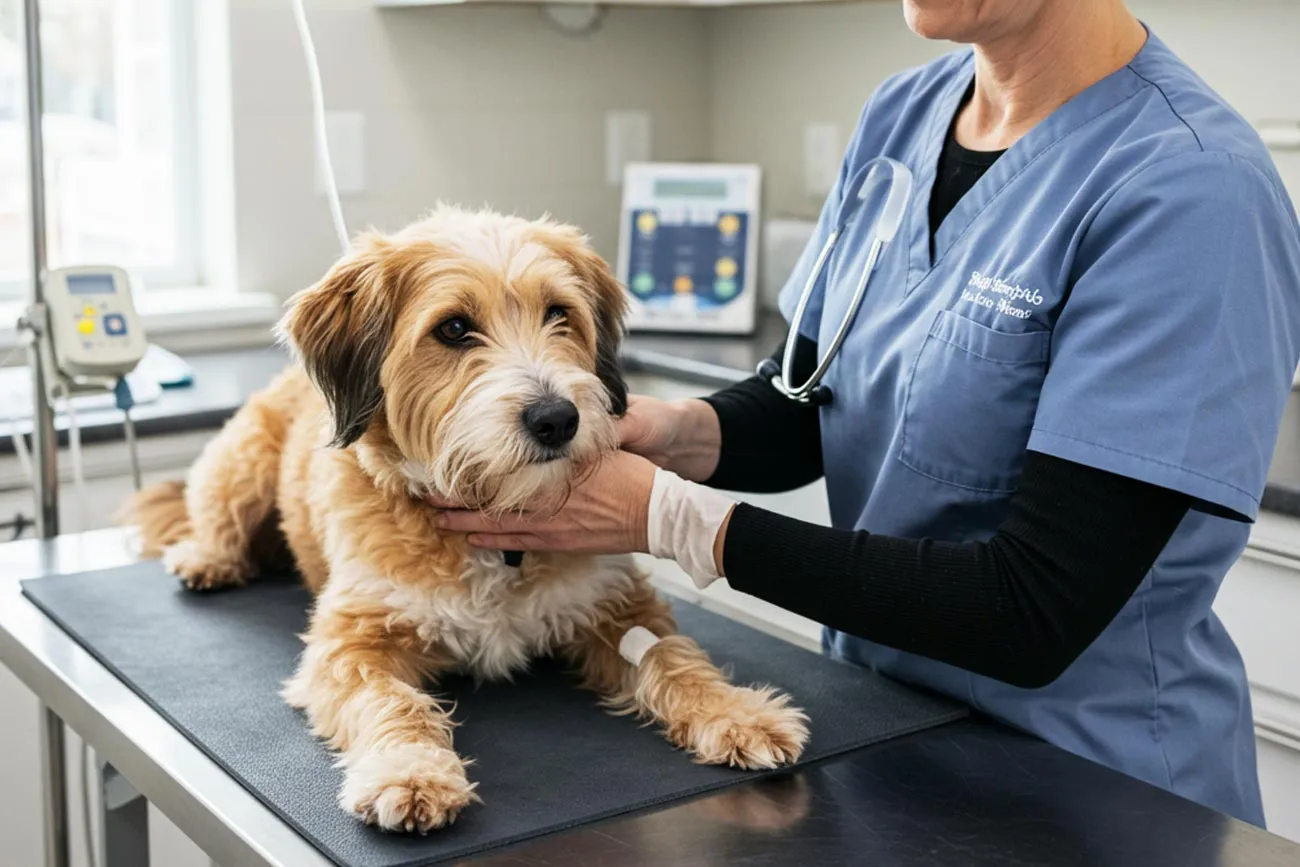If you already have a pet or are thinking about adopting one, this complete guide on "pet care" will help you understand everything needed to provide a healthy and comfortable life for your furry, feathered, or scaly friend. Get ready to discover practical and valuable tips that will transform your relationship with your pet!
Pet Care
1. Understand Your Pet's Needs
Every companion animal has specific characteristics and needs. Here are the basic pet care tips for the most common pets:

Dogs
- Balanced diet: Invest in quality food and, if possible, consult a veterinarian to recommend the best diet.
- Regular exercise: Daily walks and playtime help keep your dog healthy and happy.
- Vaccination and deworming: Keeping up with vaccinations and parasite control is crucial.
- Hygiene: Regular baths and fur brushing are essential.

Cats
- Appropriate space: Cats love to climb and hide, so provide shelves and boxes for exploration.
- Clean litter box: Frequently changing the litter prevents odors and health issues.
- Proper diet: Like dogs, they need specific food and sometimes supplements.
- Entertainment: Toys and scratching posts prevent destructive behavior.

Birds
- Spacious cage: The cage should allow them to fly freely within it.
- Varied diet: Offer seeds, fresh fruits, and vegetables (but avoid toxic foods).
- Daily interaction: Many birds need attention to avoid boredom.

Fish
- Proper aquarium: The aquarium size should match the species and the number of fish.
- Water quality: Use filters and control the temperature to maintain a healthy environment.
- Moderate feeding: Avoid overfeeding to prevent water pollution.
2. Nutrition: The Foundation of Health
- Choose food specific to the pet’s age, size, and species.
- Avoid giving human food, as many can be toxic for animals.
- Provide fresh and clean water at all times.
- For animals like rabbits and hamsters, complement their diet with fresh vegetables.
Extra Tip: For safe pet care, consult a veterinarian to tailor the diet to your pet’s individual needs.
3. Preventive Health: Prevention is Better Than Cure
Taking your pet to the vet regularly is essential. Even if they seem healthy, preventive check-ups can identify issues early. Don’t forget to:
- Keep vaccines up to date.
- Apply flea and tick preventatives regularly.
- Schedule annual or biannual check-ups, depending on the pet's age and species.
4. Mental Well-being: What Your Pet Needs to Be Happy
Pets, like humans, need stimulation to avoid boredom and stress. Here are some ideas to enhance your pet’s mental well-being:
- Interactive toys: These keep pets engaged and stimulate their intelligence.
- Socialization: Dogs and cats enjoy interacting with their owners and sometimes with other animals.
- Routine: Pets thrive on predictability. Keeping consistent feeding and walking schedules provides comfort.
5. Hygiene and Environmental Care
Caring for your pet in a clean environment is vital for their health. Here are some important practices:
- Regularly wash your pet's bedding, blankets, and toys.
- Keep the feeding area clean.
- Maintain the cleanliness of their bathroom area, whether a litter box, newspaper, or yard.
6. Adapting to Travel and New Environments
Taking your pet on trips or adapting them to a new home requires planning. Here are some tips for these situations:
- Use travel crates to ensure safety during transport.
- Bring familiar toys and items to reduce stress in new environments.
- Consult the vet about natural calmatives, if necessary.
7. Adopt or Buy Responsibly
Caring for a pet starts with making a conscious decision. Before adopting or buying, consider:
- The available space in your home.
- The time you can dedicate to the animal.
- The maintenance costs, such as food, veterinary care, and hygiene.
Adopting is an act of love! Many shelter animals are waiting for a second chance.
8. Caring for Senior Pets and Puppies
Puppies and senior pets have special needs.
- Puppies: Require extra attention, such as initial training, vaccinations, and socialization.
- Seniors: Need joint care, specific diets, and frequent veterinary visits.
Care with Love and Share the Knowledge!
Pet care is a journey full of unforgettable moments and emotional rewards. Each animal has its own quirks, but love and respect are universal ingredients to ensure the well-being of any pet.
Now that you know all about "pet care," share this guide with other animal lovers! Together, we can ensure that every pet gets the love and care they deserve.

















Add comment